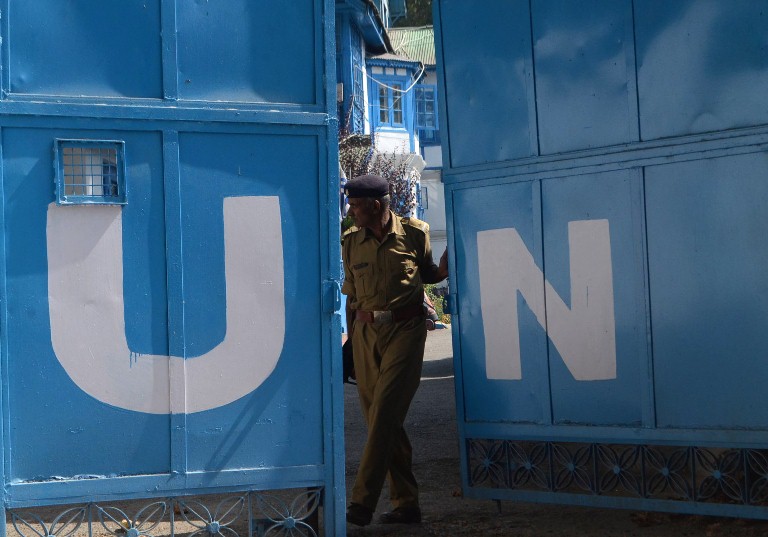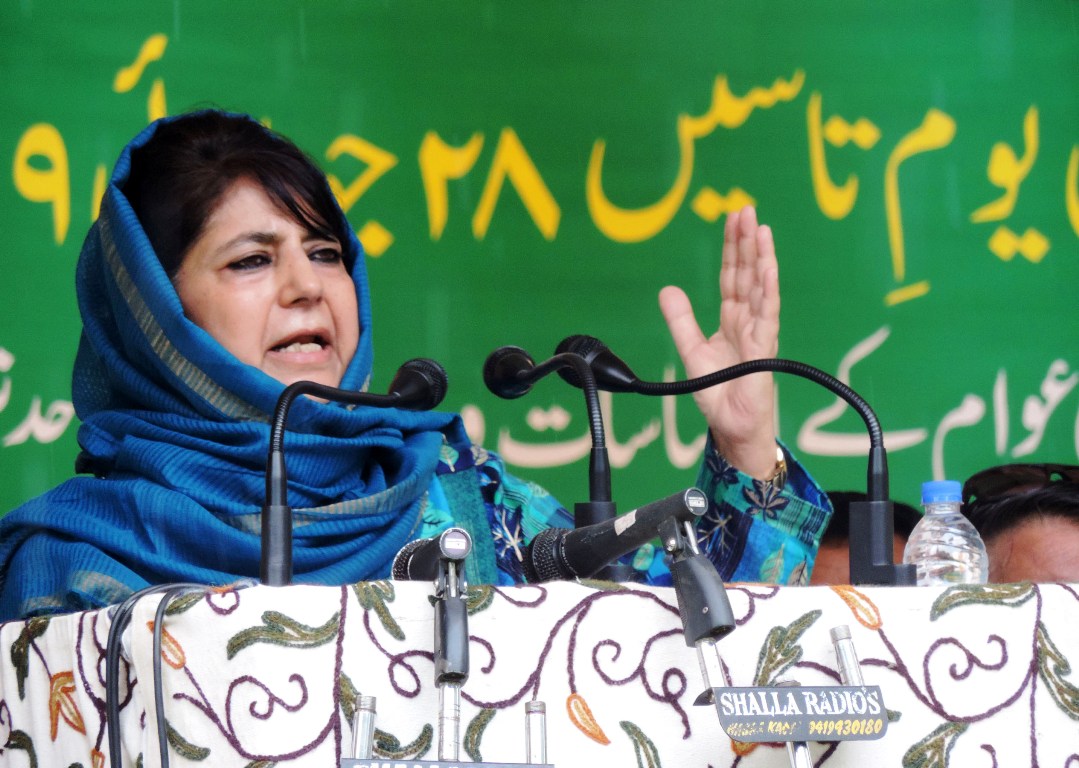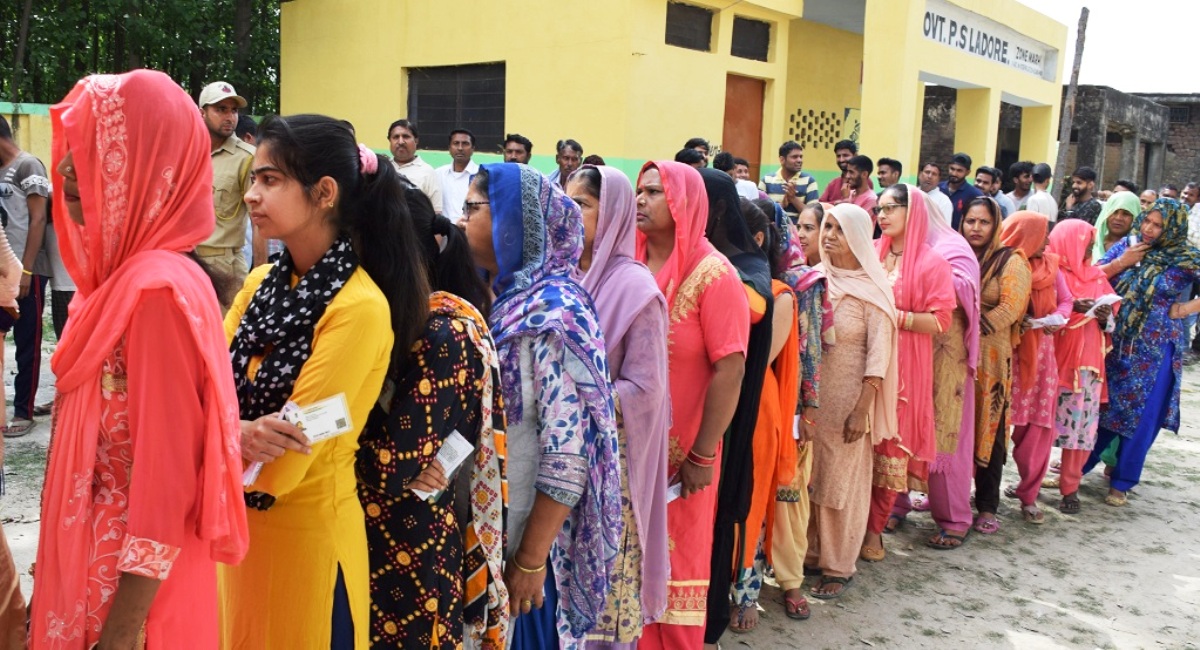KL NEWS NETWORK
SRINAGAR

J&K High Court Bar Association, Srinagar on Sunday strongly contested the statement of former Chief Minister Omar Abdullah, regarding Security Council Resolutions, made by him at a conference titled “India and Pakistan: A sub-continental Affair” organized by Students of New York University in the United States.
The Bar Association reiterated that the 28 Security Council Resolutions, which have superseded the Indian claim of accession by Maharaja Hari Singh, are the bedrock of the legitimate struggle of the people of Kashmir for the right of self-determination.
“… it is only India which has deliberately and intentionally firstly delayed and finally refused to implement those resolutions,” Bar said in a statement issued this afternoon.
The Bar Association termed, factually incorrect, the contention of Omar Abdullah that according to UNSC resolution, for holding plebiscite in Kashmir, Pakistan as a first step, had to vacate from all territories that it has come to occupy after August, 1947 and remove regular and irregular forces from the territorial boundaries of J&K and only subsequent to that, India had to scale down, not to withdraw, to a manageable level its presence in J&K and only then the plebiscite could take place.

The statement said that the Bar Association invites the attention of Omar Abdullah to the appointment of Dr Frank Graham, as UN Representative for India and Pakistan, in succession to Sir Owen Dixon and the reports he submitted to the UN Security Council on 07/09/1951, 18/12/1951, 16/07/1952, 02/09/1952 and 04/09/1952, indicating that both India and Pakistan had agreed to the de-militarization of the State of J&K, contemplated in the UNCIP Resolutions of 13/08/1948 and 05/01/1949, to be effected “in a single and continuous process of 90 days”.
“The disagreement arose only on the quantum of disposition of the troops and induction into office of the Plebiscite Administrator, which was, however, resolved by the Security Council vide its resolution dated 23/12/1952, urging the Government of India and Pakistan to enter into immediate negotiations under the auspices of UN representative for India and Pakistan, in order to reach agreement on specific number of forces to remain on each side of the cease fire line at the end of the period of demilitarization, the number between 3000 and 6000 armed forces remaining on the Pakistani side of the cease fire line and between 12000 and 18000 armed forces remaining on the Indian side of the ceasefire line,” the statement said.
Consequent to the Security Council resolution dated 23/12/1952, the Bar statement said, negotiations were continued in Geneva in January and February 1953, in which after some time, Dr Graham suggested the keeping of 21000 troops on Indian side, which was rightly opposed by Pakistan on the ground that it contravenes the Security Council resolution dated 23/12/1953.
“It was this stubborn attitude of India of keeping 21000 troops instead of 12000 to 18000 to be determined by the UN representative, which brought the meeting to an end, forcing the UN representative to report to the Security Council, his failure on March 27, 1953,” the Barr statement informed. “The contention to the contrary is not therefore, correct and is aimed at to mislead the international community and accordingly needs necessary amends therein.”















